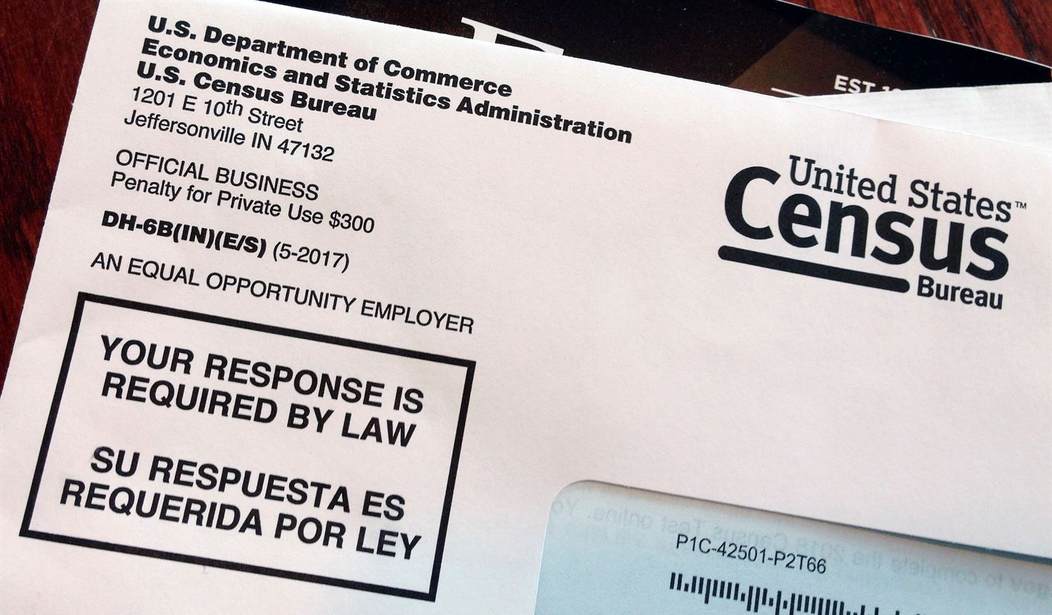There was a major problem with the 2020 Census, and most people probably haven’t heard about it, even though it has enormous implications. At the end of May, the Census Bureau admitted that it miscounted 14 states in the 2020 Census.
Why didn’t the media make a big stink about this story? Maybe it was overshadowed by the recent mass shootings, that’s certainly a possibility, but I have another theory.
Here are the states that the Census acknowledged it overcounted: Hawaii, Delaware, Rhode Island, Minnesota, New York, and Massachusetts.
Here are the states that the Census acknowledged it undercounted: Texas, Illinois, Florida, Mississippi, Tennessee, and Arkansas.
Well, gee, isn’t that interesting. Does it seem like a mere bizarre coincidence that the overcounted states all voted for Biden in 2020, and five of the six undercounted states for Trump in 2020?
“Last week’s Census Bureau announcement of serious errors will impact the next decade’s congressional apportionment and delegations, and play a crucial role in the presidential race,” explained Kristin Tate at The Hill. “Given the nature of the mistakes, Democrats could hang onto the presidency under particularly controversial circumstances due to publicly-acknowledged errors.”
The changes will impact national politics in a dramatic fashion. The 2020 census led to significant changes to congressional seats apportioned to states. Texas gained two congressional seats, while North Carolina, Florida, Montana, Colorado and Oregon each gained one. New York, Pennsylvania, West Virginia, Ohio, Michigan, Illinois and California each lost one seat in Congress. There was significant surprise that population growth winners such as Texas and Florida didn’t gain more seats. With the possible exception of Illinois not losing a seat, the likely effects of an accurate count would have overwhelmingly aided red states. Simply put, the revised figures show that (mostly) red states had even quicker relative population growth compared to the rest of the country — and especially compared to (mostly) blue states. It is entirely possible that undercounted states could have gained at least one seat in Congress, while overcounted states may have lost at least one each.
Not only is it suspicious that the errors occurred, but as Tate explains, so is the timing of the admission of the error. “Had states known the true figures within the past year, the redistricting process would have been very different for the miscounted states. Not only are the number of seats per state affected, but the district lines are as well. In addition, the Electoral College determines the weight per state based on the total representatives and senators. The loss or gain of a single seat affects two Electoral College votes — the one gained by one party, and thus lost by the other.”
And there’s nothing that anyone can do about it. It is too late to correct the faulty reapportionment, barring a Supreme Court challenge.
Are we expected to believe these were honest mistakes and not deliberate?
Americans have already lost faith in our election system, and now we have reason to suspect politics has tainted the Census.










Join the conversation as a VIP Member